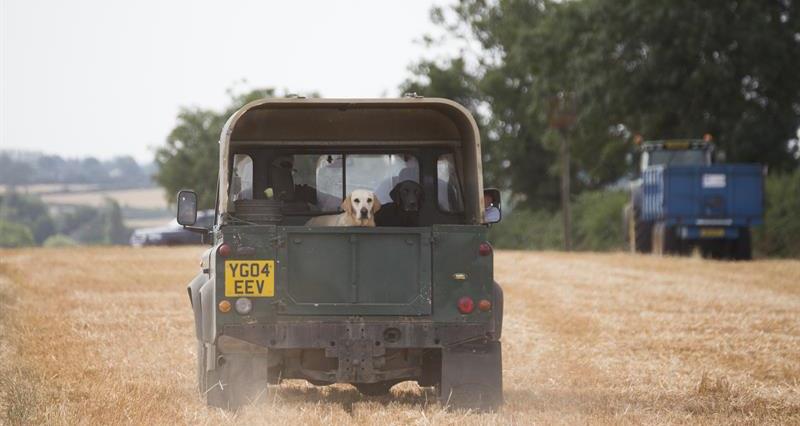In its consultation, the Department for Transport asked about:
- The suggested phase-out date
- The definition of which vehicles should be phased out
- Barriers to achieving the above proposals
- The impact of these ambitions on different sectors of industry and society
- What measures are required by government and others to achieve an earlier phase out date
The NFU’s response highlighted that while there are opportunities that the promotion of electric vehicles (EVs) can offer for farming, such as EV charge points being located at farm shops or possibly adjoining farms that have 3-phase electricity nearby to village communities, the lack of charging infrastructure in rural areas could have serious negative impacts on farm businesses and the rural economy.
NFU chief climate change and renewable energy adviser Jonathan Scurlock said: “In the longer term, electrification of agricultural machinery could contribute towards the NFU’s net zero 2040 goal for farming by helping to reduce emissions.
“However, at the moment, the electricity grid and the provision of charging points in rural areas are far from adequate. There needs to be a major scale-up in government support and investment when it comes to EV infrastructure if we are to sustain rural businesses and support rural tourism in a world where fully electric vehicles are the only option.
“Moreover, we do not think it is currently possible to set a date for phasing out new sales of diesel tractors and other non-road agricultural machinery. We call upon government to encourage and accelerate the demonstration and introduction of ultra-low emission electric and hybrid tractors, and in the meantime we strongly support a continued role for high biofuel blends like E10 ethanol and B20 biodiesel.”
More from NFUonline:
